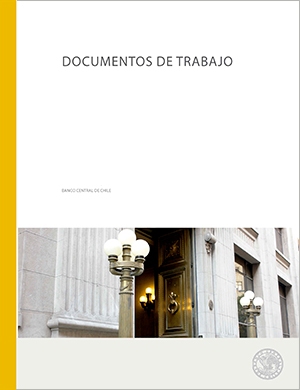Working Papers N° 688: Rebellions, Technical Change, and the Early Development of Political Institutions in Latin America
Publications
Working Papers N° 688: Rebellions, Technical Change, and the Early Development of Political Institutions in Latin America
Autor: Alvaro Aguirre
Description
This paper documents that differences in the early development of institutions in Latin America that led to the consolidation of oligarchic republics in the first decades of the twentieth century, explain the subsequent economic performance in the region. It develops a model with the aim of identifying the factors behind this institutional development. The model predicts that, due to asymmetric and uncertain costs, the risk of conflict leads to political institutions that poorly restrict the powers of chief executives. Since elite members cannot commit to a strong response to this type of conflicts, which in the model arise due to labor coercion, they empower the executive so he may react forcefully to conflicts. Then, in countries with a larger fraction of labor to be coerced, lower executive constraints are imposed. On the other hand, technical advance leads to higher constraints as expropriation becomes more costly. But this does not happen in countries with a large fraction of coerced labor because higher returns raise labor demand and hence larger production comes with more risk of conflict. Finally, the paper conducts an econometric exercise focusing in two factors, namely the risk of uprisings by natives and slaves, which historians have identified as an important risk for the Latin American elites at that time, and the first era of globalization that led to better economic conditions throughout the region. The results show that the dynamics of the institutional gap can be explained to a large extent by the risk of rebellion, globalization, and their interaction.
Working Papers N° 688: Rebellions, Technical Change, and the Early Development of Political Institutions in Latin America
Boxes and graphics

